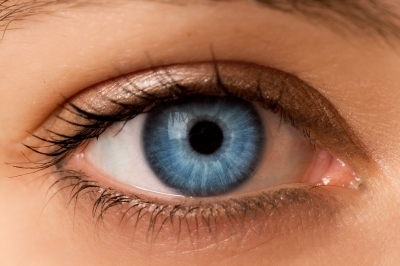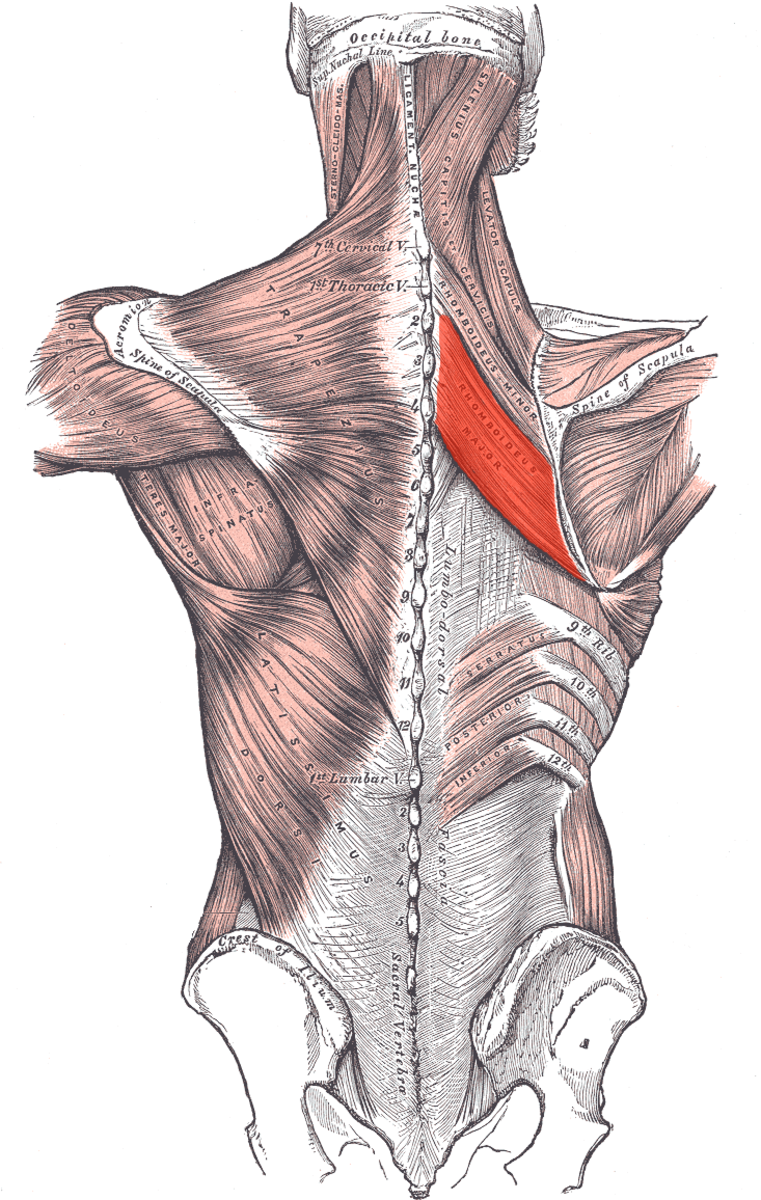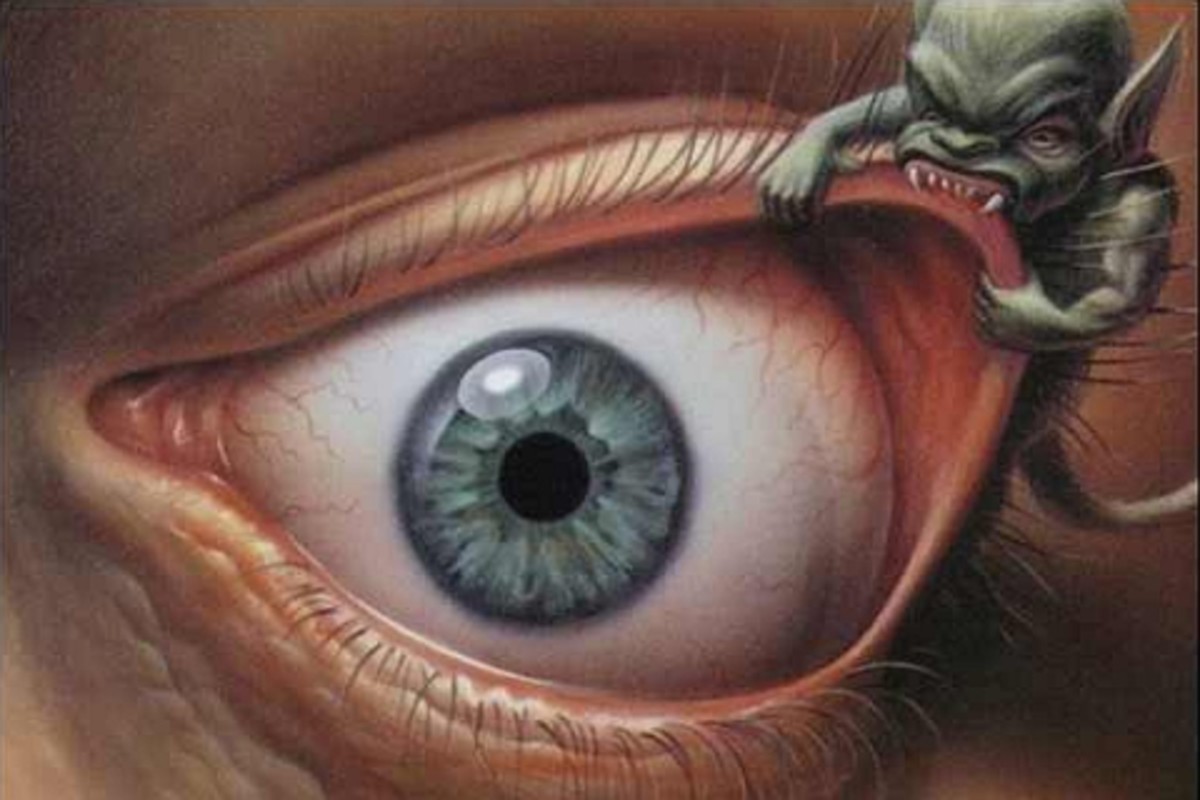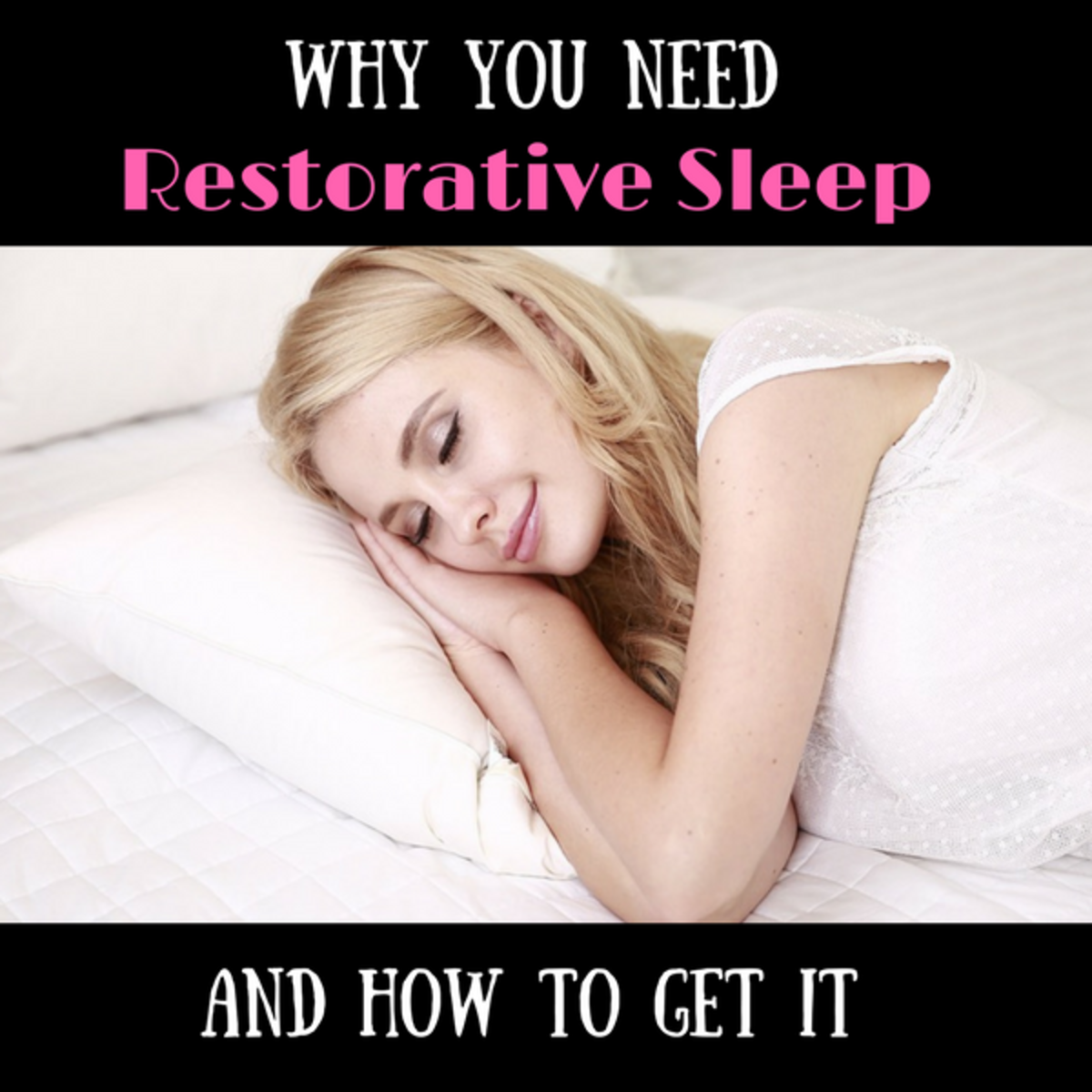Sleep Deprivation ,Insomnia Symptoms and Causes

Sleep Deprivation Causes and Symptoms
There are four areas of sleep deprivation. Clinical disorders, health complications,lifestyle and medication side effects. Finding out the cause of your disorder is important as it will determine how it should be treated. If you're experiencing restless sleep patterns and don't know if you should seek medical advise, here are some tall tale signs that their could be some issues and you should seek medical attention.
1. Being tired effects your daily activity
2. Insomnia effects you on a continual basis
3. You experience shortness of breath, chest pains or other unusual conditions.
4. You snore, choke or appear to stop breathing during the course of the night which may be symptoms of "sleep apnea".
Hypertensive drugs along with lifestyles can effect the bodies natural rhythm of sleep patterns. Medical conditions can either be mental or physical, for example bronchitis can make sleeping more difficult, post traumatic stress disorder and depression can lead to insomnia.
Are you having trouble sleeping? On any types of medication? Normal lifestyle without any change? If you have answered yes to any of these questions, begin to change your diet and start an exercise program. If it does not work seek medical attention because there could be an underlying medical condition that effects your sleep.
Insomnia Causes and Symptoms
There are so many things that cause insomnia including; but not limited to health problems,age,stress and hypertensive medications.Time change can also interfer with sleep patterns. Having occasional insomnia will not warrant a trip to the doctor,but if the pattern is continual then seek a physician's advice.
Here are some of the following that may indicate insomnia and your little inner rhythm pattern may need to make a change.
1. feeling tired after sleep
2.waking up through the night
3. waking up earlier then normal
4. difficulty falling asleep
These same symptoms can lead to depression,irritability,fatigue,muscle aches, impaired alertness and diminished performance.
Quality of sleep is just as important as quantity of sleep and mild changes in your daily lifestyle can reduce insomnia, enabling the sleep patterns to become consistent.
If diet, exercise and going to bed a little earlier does not work, seek medical advice and treatment. Prolonging the symptoms can cause other health issues.
copyright 2008








